Attention! All services and assistance of UNHCR and its partners are free of charge!
If you feel you are being forced to return or may be at risk of exploitation and abuse, or to report any exploitation and abuse, contact UNHCR immediately at 04726111. Your safety and rights are our priority.
For the latest information on services inside Syria, check the UNHCR site: Syria is home. If you were a Syrian refugee who has recently returned to Syria, and need information about services provided or supported by UNHCR, please call UNHCR Syria’s call center on ? 01121812333.
The Government of Lebanon has introduced facilitation measures for Syrians and Palestinian refugees from Syria wishing to depart via land border crossing points through 31 March 2026. If you previously entered Lebanon legally or illegally and have exceeded your authorized length of stay, you may depart through land border crossing points without paying any fees or penalties and without re-entry bans. NOTE: Anyone who uses these border measures to return to Syria will have their UNHCR file in Lebanon closed and can pursue services and assistance in Syria instead (Syria is Home). For more information, visit the General Directorate of General Security website or call 1717.
Given the changing situation in Syria, this page will be updated as new information is available.
For individual counselling:
- Call the UNHCR National Call Center:?04726111
- Contact us through the ? Online Contact Form
- Visit Syria is Home: Syriaishome.org
A UNHCR staff member will call you back to answer your questions and discuss your needs. While UNHCR cannot advise on the situation in your area of intended return, we can provide advice on exit procedures, important documents, medical issues, vaccinations, the status of your UNHCR file in Lebanon, etc.
Voluntary Return to Syria: Two programs supported by UNHCR
In coordination with the Government of Lebanon and partners, UNHCR is facilitating voluntary return of refugees to Syria in safety and dignity. You may choose your preferred option:
- Self-Organized Voluntary Return: This programme provides a one-time return cash grant of USD 100 per each returning family member to organize logistics of your return through official crossing points.
- Organized Voluntary Return: This programme offers transportation support in addition to the one-time return cash grant of USD 100 per returning family member who wishes to return to Syria.
If you have contacted UNHCR to express an interest in a voluntary return programme, you will be contacted to re-confirm your interest. Expressing interest to return or being scheduled for an interview with UNHCR is not confirmation that UNHCR will support your return under the programme.
?Do not make arrangements to vacate your home or sell your belongings until UNHCR confirms facilitation of your return through its programme and issues you a Repatriation Form.
Remember: participation is voluntary, and you can change your mind at any time before you sign the Repatriation Form.




